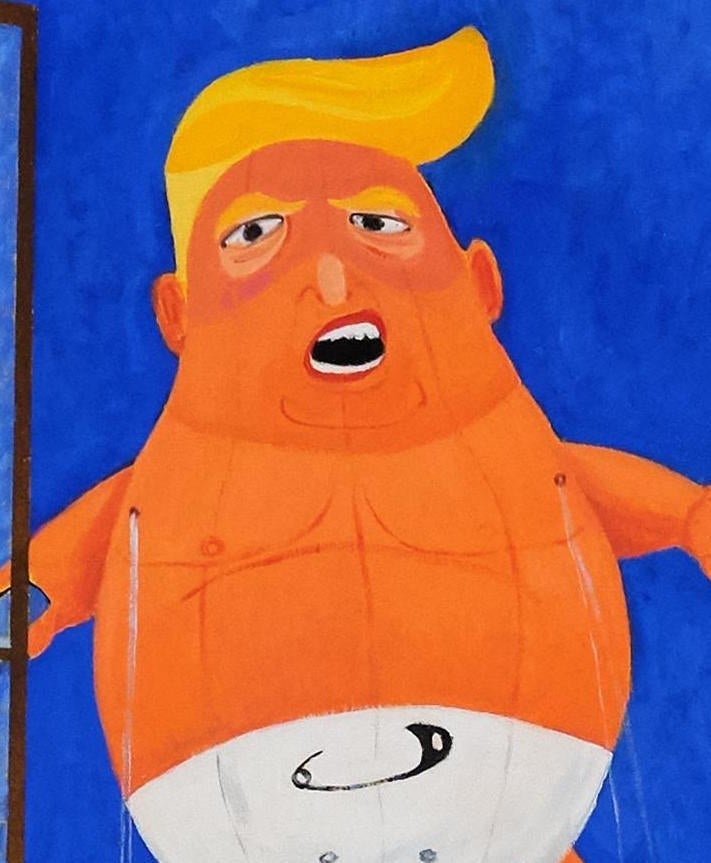MUBVAKURE

A solo show of Richard Mudariki
Richard Mudariki, will be showing for his first personal exhibition in Europe, an ensemble of drawings on paper and painting on canvas.
Born in Zimbabwe in 1985, Richard Mudariki starts exhibiting principally in group shows at Harare (Zimbabwe’s capital) as soon as 2001 at the age of sixteen; before moving to Cape Town, South Africa, in 2008 at twenty-three years old. Even though he lives and works in South Africa, Richard Mudariki remains one of the spokesperson for Zimbabwean visual art.
One of the particularities of the work of this young artist is to always have wanted to confront political and artistic dynamics. Frequently referring to occidental art, that he restores, reinvents, ingeniously transforms, not without humor, with African art canons; Richard Mudariki claims his role as an observer, that is indissociable from his role as an artist.
Painting figures of sculptural shape, often merged with animal faces, and with a style close to German expressionism, the whole integrated to an African theatrality, Richard Mudariki updates the phrase: Theatre for the people by the people.
Continent where technology is not accessible to all, where people often live isolated, theatre and its educational potential to broad audiences by entertainment, illustrates the tradition of orality in Africa. Theatre is free, open and accessible to all: no discrimination based on social classes, education or origins.
In this way, heir of this tradition, Richard Mudariki becomes the storyteller of it. He paints representatives of British monarchy – Zimbabwe being an old Britain’s colony as South Rhodésia, personalities of the artistic, religious and political world, Robert Mugabe, Nelson Mandela, the pope, Bob Marley, as well as historical painters like Edvard Munch, Paolo Uccello, Max Beckmann, Grant Wood… that he recontextualizes in South Africa’s past, present and future; or simple inhabitant of Harare that become fully-fledged actors in his work.
Like a stage director, painting all his characters to make them “play” in his play; the artist enables us to apprehend the political situation of his country, post colonialism, corruption, violence, and it’s up to us, spectators, to guess the future actions of those scenes. Richard Mudariki’s language is an appropriation of our words and our images. From them, he creates his own “sentences”with an universal echo.